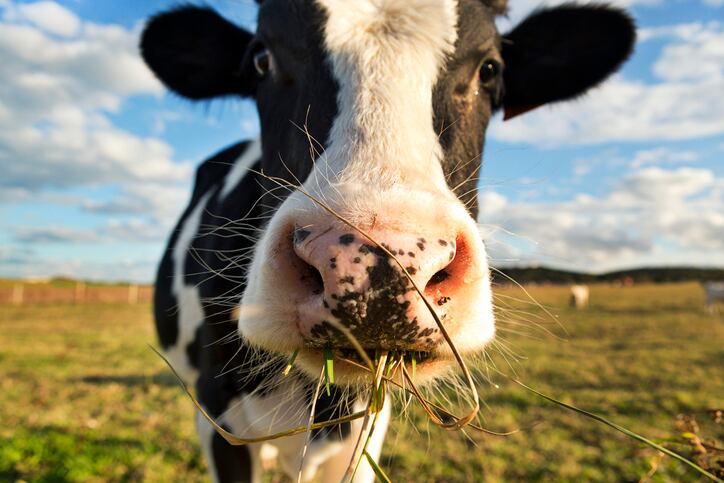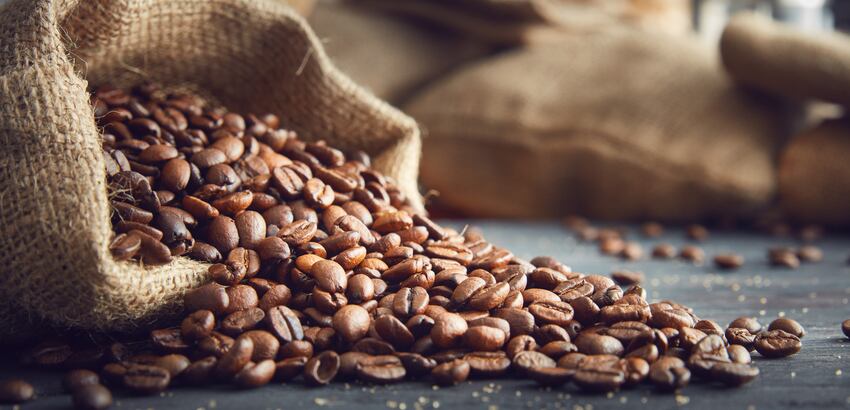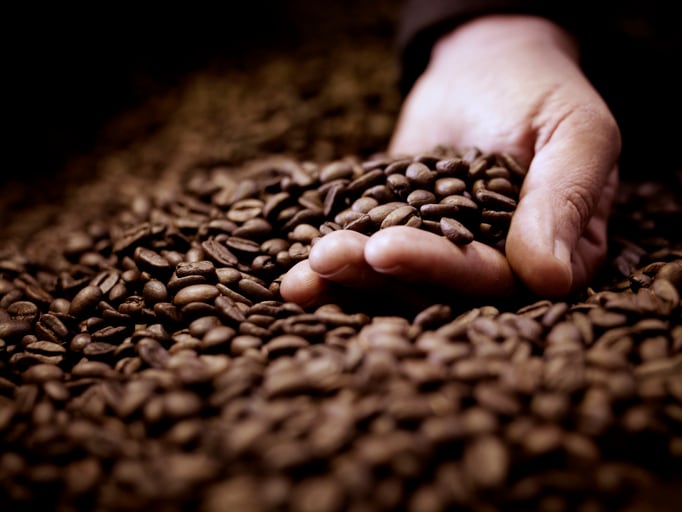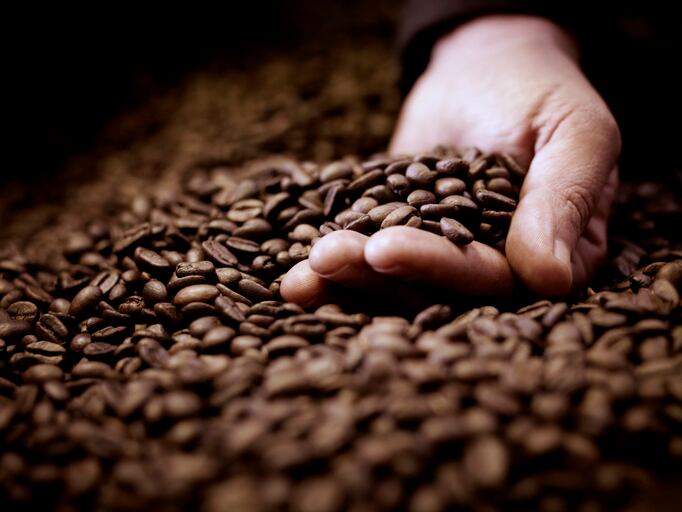Dairy accounts for 22% of Starbucks’ global carbon emissions, making it the largest contributor to its carbon footprint.
From January 2022, the two companies will develop and pilot a new sustainable dairy sourcing blueprint in the UK, working with 14 Arla farmers to identify new farming practices and methods that can reduce emissions associated with dairy production.
They will focus on three key areas: environmental stewardship, animal health and welfare, and ensuring profitability for farmers.
The sourcing blueprint will be underpinned by Arla’s sustainability research and development work, and independently validated by a third party, who will help support and advise on developing industry best practices.
The Nature Conservancy, a global, and environmental stewardship non-profit, will also support the partnership.
Alex Rayner, General Manager at Starbucks UK, said: “Purchasing sustainable dairy is integral to our work expanding our environmentally friendly menu options, while enhancing the Starbucks Experience.
"Customising beverages has and always will be at the heart of Starbucks, and this programme will help ensure that best practice carbon reduction strategies are being implemented across our entire milk and dairy alternative selection."
This announcement follows the COP26 pledge to cut methane emissions by 30% by 2030.
In 2020, Starbucks set out its 2030 sustainability goals, which include a 50% reduction in carbon emissions. It also targets a 50% reduction of water withdrawal through conservation or replenishment; and a 50% reduction in waste sent to landfill.
Arla Foods is a co-op made up of 9,400 dairy farmers, and claims to have some of the most carbon efficient practices in the world: producing milk with around half the emissions of the global average.




